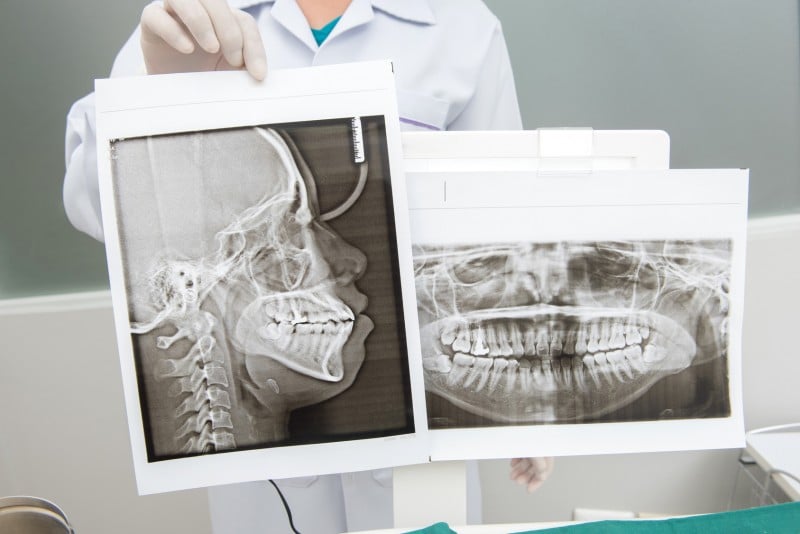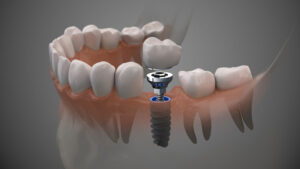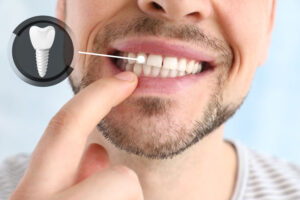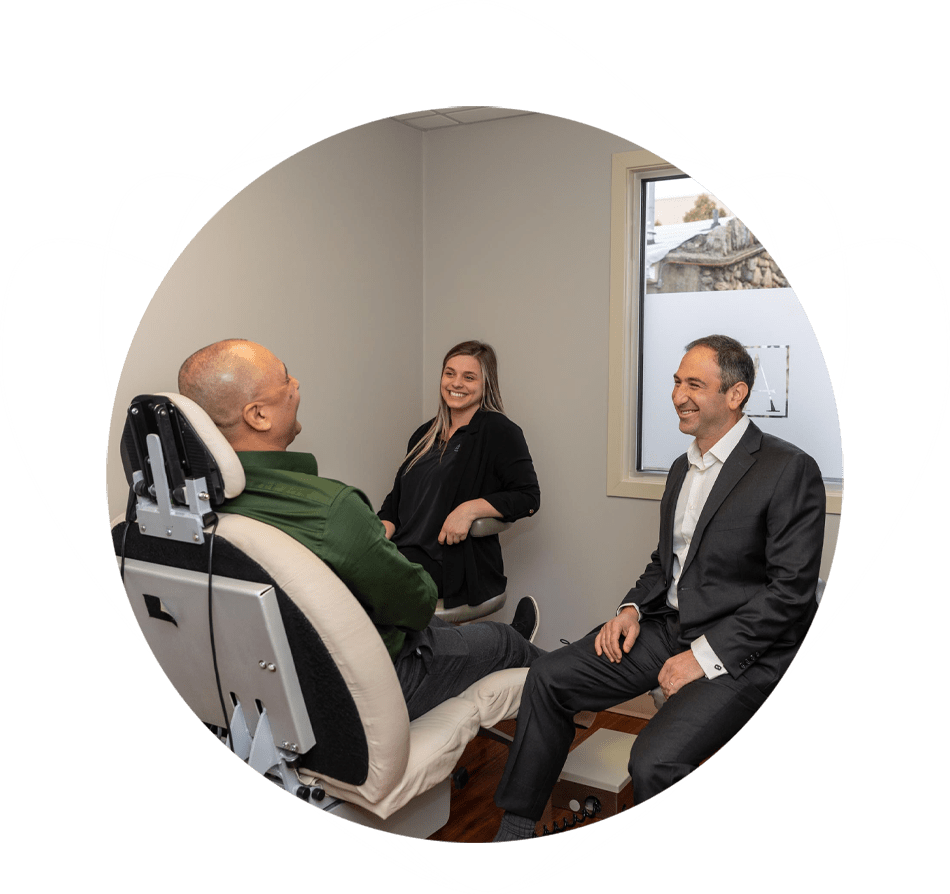We’ve talked before about how precious the cartilage in your jaw joint is, how it’s a special kind of cartilage in the body that can’t be replicated. Once it’s gone, it’s gone, and often the only treatment is joint replacement surgery, which has a high complication rate.
But now researchers at Columbia University College of Dental Medicine have made discoveries that may be bringing us closer to having nonsurgical approaches to jaw cartilage regeneration.
Stem Cells, of Course
These days, when you see something about new techniques to regrow a particular part of the body, you can probably guess that stem cells are involved somewhere. And this is no exception, because one of the discoveries made at Columbia University involved the use of stem cells. They isolated fibrocartilage stem cells (FCSCs) from the jaw joint.
The FCSCs were able to grow both cartilage and jawbone material. They achieved this both in the lab and when injected into animals. Perhaps most remarkably, there was no need for the addition of particular growth factors, scaffolds or growing media. The cells just grew spontaneously. “They were programmed to do this,” said Dr. Mildred Embree, one of the authors of the paper.
Stop Holding Yourself Back
Another major discovery is that we might not even need stem cells to regenerate the cartilage in the jaw joint. Instead, it might just be a matter of blocking certain signals in your body that might be keeping you from regrowing your own cartilage.
The molecular signal is designated Wnt. When researchers injected damaged temporomandibular joints with the Wnt-blocker sclerostin, they found that the jaw joint began to redevelop cartilage.
Now researchers are trying to find a small-molecule Wnt-blocker that could be used to help people regenerate the cushioning discs in their temporomandibular joints.
Why not just use sclerostin? Sclerostin performs many roles in the body, some of which–like inhibiting bone growth. The hope is to find a Wnt-blocker that will promote the growth of cartilage without causing serious side effects.
Hold onto Your Cartilage
Of course, while these new discoveries are very exciting, it’s important to remember that they are several years away from application, if they even pan out at all. In the meantime, if your jaw joints are out of balance, it’s vital to preserve your cartilage, which cannot now be replaced.
Nonsurgical TMJ treatment can’t regenerate your cartilage, but it can put your jaw into a harmonious position that lets the bones, cartilage, teeth, and muscles work together without risk for damage to your jaw joint. If you have TMJ symptoms like joint noises, irregular jaw motion, or locked joint, it’s likely that your cartilage is experiencing damage and needs to be preserved.
For help with nonsurgical TMJ treatment in Westchester County, please call (914) 526-2144 today for an appointment with a TMJ dentist at Advanced Dentistry of Mohegan Lake.
